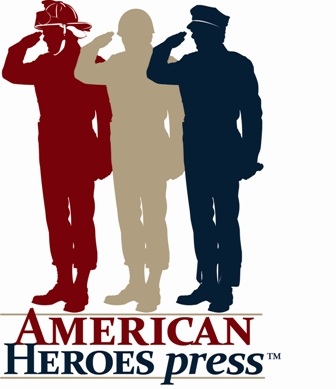(Click on book title for details or purchase)
Battle Studies Ancient and Modern Battle
Ardant du Picq (1821-70), a graduate of the French military academy who served France in the Crimea, Syria, and Algeria, was mortally wounded while leading his regiment near
Metz at the beginning of the Franco-Prussian
War. During his lifetime, Ardant du Picq studied both ancient and modern warfare and concluded that success in battle is a
matter of morale. In this classic study of the moral effect of combat, he provides an excellent analysis of the human reaction
to the mental and physical demands of combat.
Eye-Deep in Hell: Trench Warfare in World War I
Ellis creates a real sense of what trench warfare was like in World War I.
Sharp End: The Fighting Man in World War II
This choppy but informative study describes the effect of combat on the individual soldier in World War II.
The Warriors: Reflections on Men in Battle
In telling what war means to him, Gray, a World War II combat veteran, asks and answers timeless questions about
the test of combat.
Combat Motivation: The Behavior of Soldiers in Battle
A sociological study by a Canadian, this work is dry reading but contains many gems of insightful analysis.
No Man's Land
The author examines the traumatic experience of combat in the trenches.
Linderman, Gerald F. Embattled Courage: The Experience
of Combat in the
Embattled Courage: The Experience of Combat in the American Civil War
Based on extensive original research, this book is a marvelous and sensitive study of the attitudes, beliefs, and
values of Civil War soldiers on both sides. Linderman separates the romantic myths of the Civil War from the harsh and brutal
realities of that war and conveys a message about combat that today's officers will find valuable.
Company Commander
The author, a U.S. Army captain and infantry company commander, wrote this personal, authentic story about leading
men in combat against the Germans during World War II. This is a classic of men in battle and small-unit leadership.
Men Against Fire: The Problem of Battle Command
First published in 1947, this book highlights General Marshall's perception of soldiers in combat based on his own
experiences in two world wars and on extensive interviews of combat troops. This book is essential reading for all commanders
from platoon to division. Questionable, however, are
Marshall's statistics on ratios of fire.
The Anatomy of Courage (Art of Command Series)
Based on Lord Moran's experiences as a medical officer on the Western Front during World War I and as Prime Minister
Winston Churchill's physician during World War II, this classic volume explores how soldiers overcome fear. While Lord Moran
writes from the British point of view, he understands courage and how a soldier displays it.
